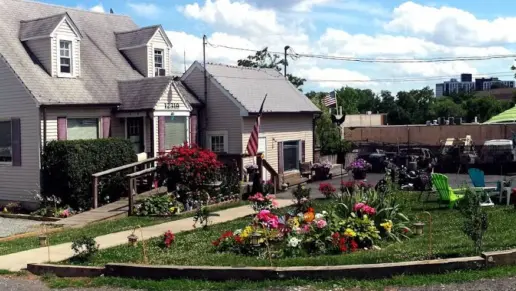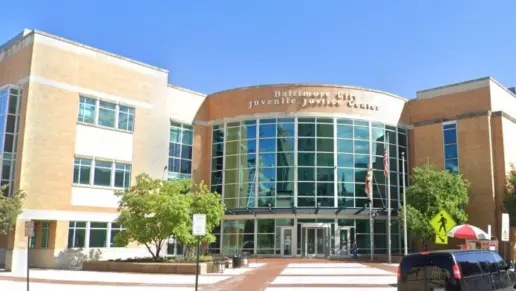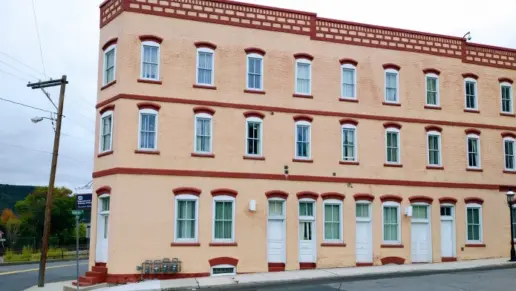About Brook Lane
Brook Lane - Main Campus, located in Hagerstown, Maryland, offers behavioral healthcare and mental health treatment. If a client’s primary diagnosis is addiction, a referral to an alcohol or drug rehab center may be necessary. Brooke Lane’s services are available to children, adolescents, and adults.
Brook Lane – Main Campus offers a person-centered approach to behavioral health care. Programs include inpatient treatment, a partial hospitalization program (PHP), and outpatient treatment.
Inpatient Treatment
The inpatient program is for individuals who need short-term crisis stabilization because they are at risk of hurting themselves or others. This program provides 24/7 supervision and a safe environment to help clients stabilize physically and mentally prior to moving to a less intensive level of treatment.
Partial Hospitalization Program
The partial hospitalization program is for individuals who need a high level of structure while engaging in outpatient therapy. Clients meet five days per week for six hours at a time and return home in the evening. Psychiatric care, nursing care, and mental health therapy are available.
Outpatient Treatment
The outpatient program provides nursing care, mental health therapy, and psychiatric care. Clients generally meet with their practitioner once per week.
Facility Overview
Latest Reviews
Rehab Score
Gallery
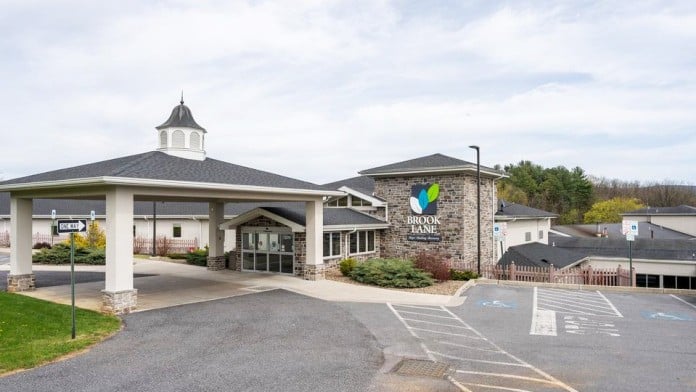
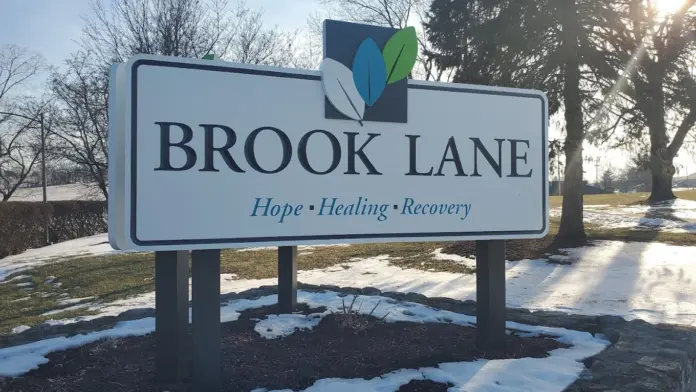
Location
Other Forms of Payment
Private insurance refers to any kind of healthcare coverage that isn't from the state or federal government. This includes individual and family plans offered by an employer or purchased from the Insurance Marketplace. Every plan will have different requirements and out of pocket costs so be sure to get the full details before you start treatment.
Self-pay involves paying for treatment out of your own pocket. You can use savings or credit, get a personal loan, or receive help from family and friends to fund your treatment. If you don't have insurance or your insurance plan doesn't cover a specific program, self-pay can help ensure you still get the care you need.
Medicare is a federal program that provides health insurance for those 65 and older. It also serves people under 65 with chronic and disabling health challenges. To use Medicare for addiction treatment you need to find a program that accepts Medicare and is in network with your plan. Out of pocket costs and preauthorization requirements vary, so always check with your provider.
Medicaid is a state based program that helps lower-income individuals and families pay for healthcare. Medicaid covers addiction treatment so those enrolled can use their coverage to pay for rehab. When a program accepts Medicaid the client often pays very little or nothing out of their own pocket.
Addiction Treatments
Levels of Care
Treatments
A combined mental health and substance abuse rehab has the staff and resources available to handle individuals with both mental health and substance abuse issues. It can be challenging to determine where a specific symptom stems from (a mental health issue or an issue related to substance abuse), so mental health and substance abuse professionals are helpful in detangling symptoms and keeping treatment on track.
Programs


Clinical Services
Cognitive behavioral therapy in Maryland emphasizes your current life rather than what has happened in the past. Your therapist will help you develop methods to deal with current and future challenges so you can cope in healthy ways that don't involve substances.
Group therapy is any therapeutic work that happens in a group (not one-on-one). There are a number of different group therapy modalities, including support groups, experiential therapy, psycho-education, and more. Group therapy involves treatment as well as processing interaction between group members.
In individual therapy, a patient meets one-on-one with a trained psychologist or counselor. Therapy is a pivotal part of effective substance abuse treatment, as it often covers root causes of addiction, including challenges faced by the patient in their social, family, and work/school life.
When you participate in couples therapy, you learn how to understand each other better, improve your communication skills, resolve conflict, and improve relationship satisfaction. Your therapist will help you develop skills in each of these areas to strengthen your relationship.
Research clearly demonstrates that recovery is far more successful and sustainable when loved ones like family members participate in rehab and substance abuse treatment. Genetic factors may be at play when it comes to drug and alcohol addiction, as well as mental health issues. Family dynamics often play a critical role in addiction triggers, and if properly educated, family members can be a strong source of support when it comes to rehabilitation.
Amenities
-
Residential Setting
-
Private Rooms
Staff
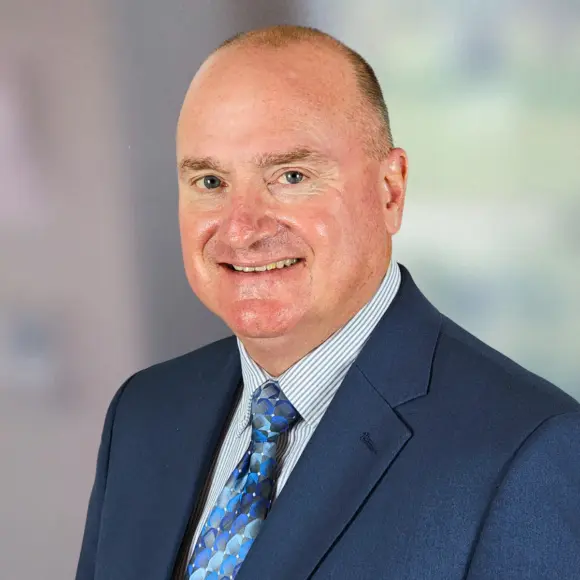
CEO
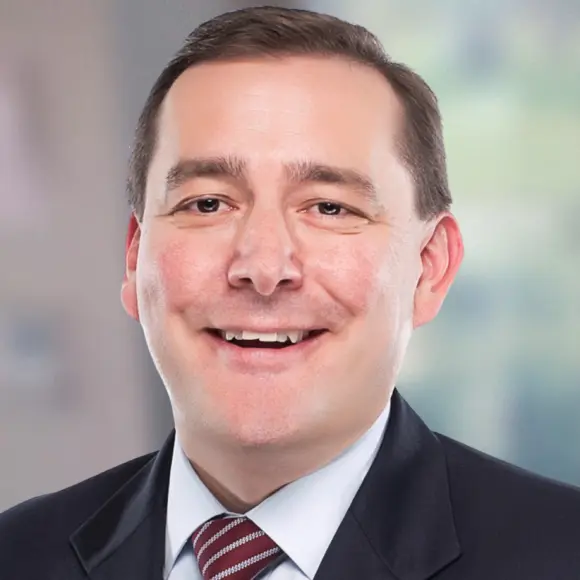
COO
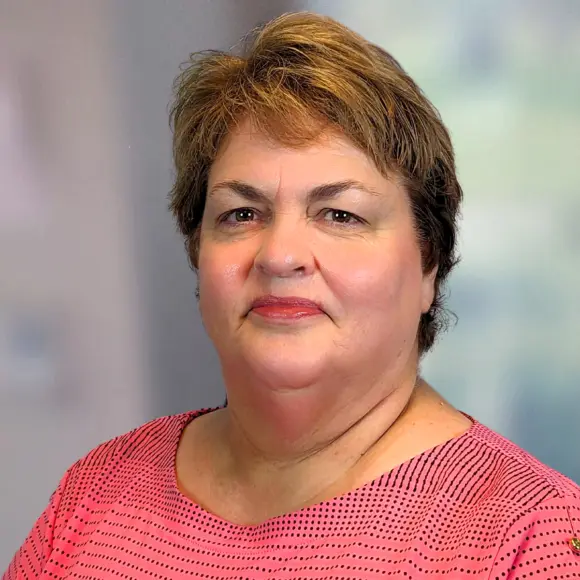
Chief Nursing Officer
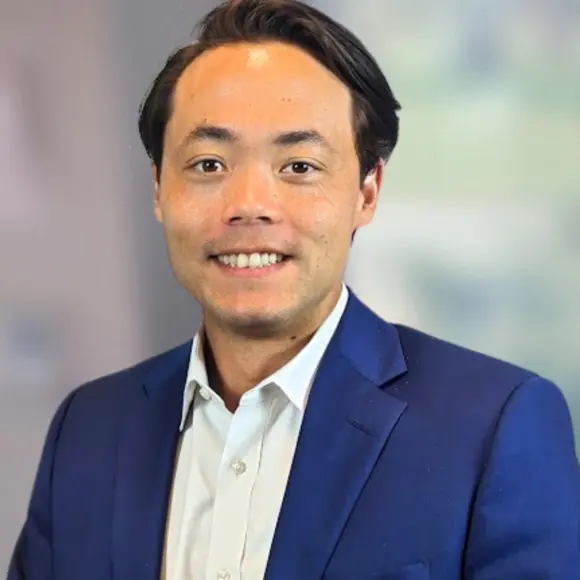
Interim CIO
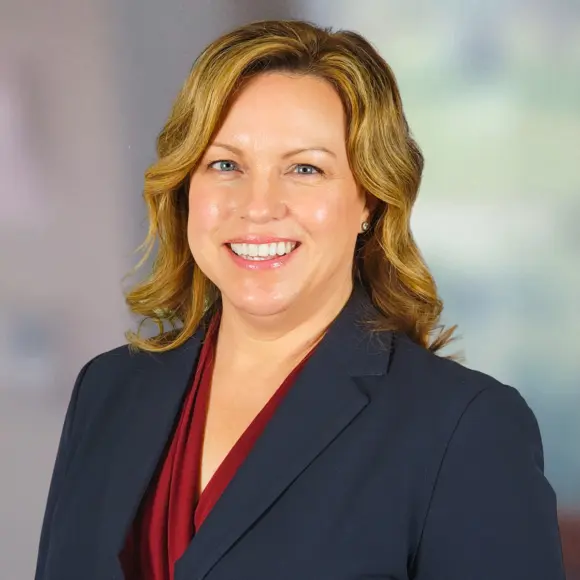
Chief Human Resources Officer
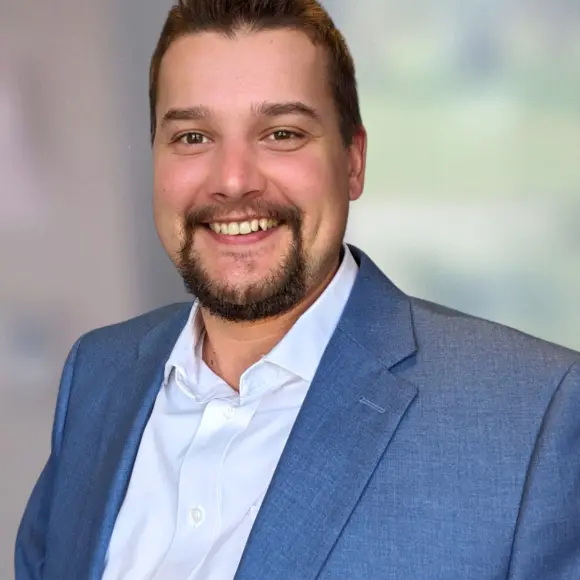
Interim CFO
Contact Information
13121 Brook Lane
Hagerstown, MD 21742
